NEWS
NAJA, NADDC, FRSC, AAAM rally stakeholders for local content revival in Nigeria’s auto industry
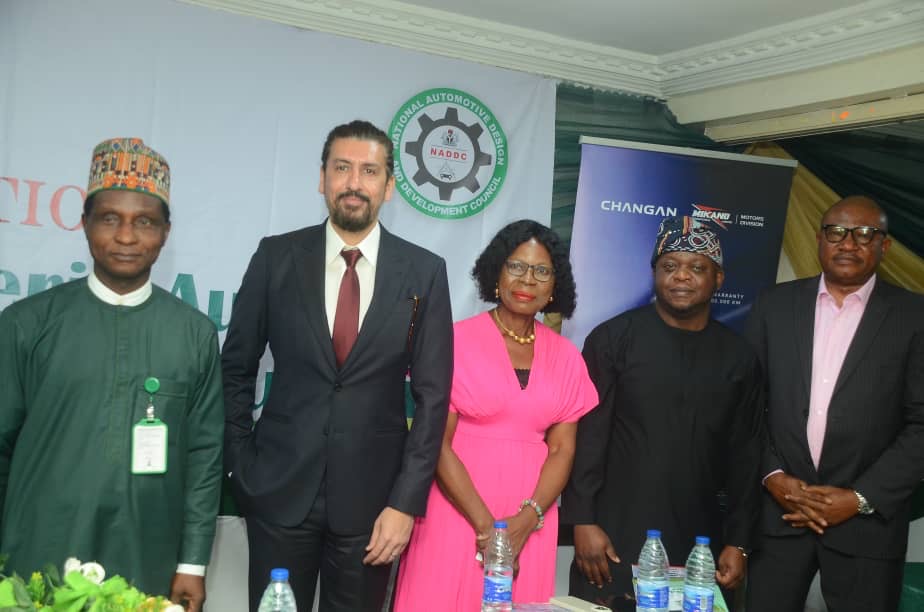
A renewed and urgent call for strategic investment in local content development echoed throughout the second edition of the Nigeria Auto Industry Summit (NAISU), held in Lagos under the theme: “Nigeria First: Local Content as Catalyst for Automotive Economy.”
The summit, organised by the Nigeria Auto Journalists Association (NAJA) in partnership with the National Automotive Design and Development Council (NADDC), convened top government officials, industry regulators, manufacturers, financiers, and development partners to chart a sustainable path for the Nigerian automotive sector.
In his welcome address, NAJA Chairman, Mr. Theodore Opara, set the tone with a powerful message: “If Nigeria must industrialize, the auto sector must lead. If the auto sector must thrive, local content must be the engine.”
He criticised the industry’s overreliance on imports for fully built vehicles and components such as tyres, batteries, and brake pads, despite Nigeria’s natural resource endowment and vibrant workforce.
Opara stressed that the real challenge was not capacity, but the lack of commitment, coordination, and policy prioritisation for local automotive production.
“Buy Nigeria. Drive Nigeria. Trust Nigeria,” he declared, urging consumers, OEMs, regulators, and financiers to embrace a collective shift toward localisation.
He also reiterated NAJA’s commitment through its three flagship programmes: the NAISU, NAJA Training Workshop, and the annual NAJA Awards.
Director General of NADDC, Mr. Joseph Osanipin, echoed the sentiments, describing local content as a strategic imperative, not a choice. “It’s the engine that will drive economic transformation,” he said.
Osanipin called for deeper collaboration to address long-standing bottlenecks such as access to finance, power supply, and weak industrial raw material processing.
He noted that the NADDC’s initiatives including production incentives, skills development, and R&D promotion—were laying the groundwork for a resilient local auto manufacturing ecosystem.
He urged stakeholders to align with the “Nigeria First” agenda and invest in domestic capabilities for long-term industrial gains.
Representing Corps Marshal Shehu Mohammed, Assistant Corps Marshal Ann Oladayo of the Federal Road Safety Corps (FRSC) highlighted the link between road safety and vehicle design.
She noted that as Nigeria seeks to localise production, safety and environmental standards must not be compromised.
“The FRSC recognises the critical interdependence between road safety, automotive standards, and local content development,” she said, pledging the Corps’ support in shaping transport policies that encourage innovation and ethical manufacturing.
The Corps lauded the summit as timely and pledged to work with stakeholders to build a safer and more technologically advanced transport ecosystem.
Delivering her keynote remarks, Victoria Backhaus-Jerling, CEO of the African Association of Automotive Manufacturers (AAAM), stressed that Nigeria’s auto policy must be legalised to ensure policy certainty, attract foreign investment, and protect the industry from used-vehicle dumping.
She warned that without a solid legal framework, Nigeria risks missing out on the industrialisation opportunities enjoyed by countries like Morocco, South Africa, Egypt, and Ghana. “Africa is the world’s last automotive frontier—and Nigeria holds a powerful place in that future,” she said.
Backhaus-Jerling said AAAM a committed partner, working with African governments to design policies and unlock regional value chains under the African Continental Free Trade Area (AfCFTA).
Throughout the event, there was resounding consensus that local content must move from rhetoric to implementation. Speakers across government and private sectors pointed out that localisation supports job creation, reduces capital flight, encourages innovation, and strengthens GDP.
The call to action included: Speedy implementation and legislation of the NAIDP (National Automotive Industry Development Plan); Clear migration timelines from SKD (Semi-Knocked Down) to CKD (Completely Knocked Down) manufacturing.; Incentives for local investors and financing models for consumers; Quality control enforcement to prevent substandard imports; Consumer education to boost patronage of made-in-Nigeria vehicles and parts.
As the summit concluded, the mood was one of cautious optimism. Stakeholders agreed on the need for measurable milestones and sustained engagement. The NAJA Chairman called for the summit’s resolutions to be compiled into a communiqué to be sent to the Presidency, National Assembly, and key MDAs for policy action.
“Let us not leave this summit with just communiqués and handshakes. Let us leave with commitments, partnerships, and a shared resolve to make ‘Nigeria First’ not just a slogan—but a strategy for economic transformation,” Opara concluded.
MIKE OCHONMA
EDITOR
-
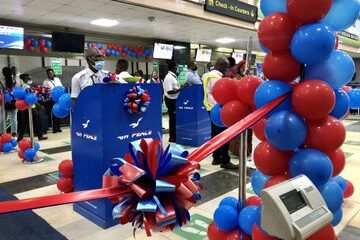
 AVIATION5 years ago
AVIATION5 years agoPhoto News: Air Peace commence flight operations to South Africa
-
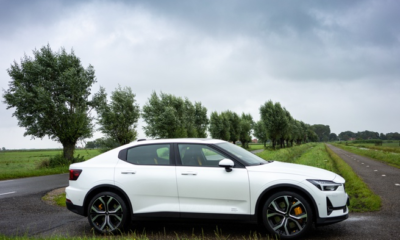
 Car News5 years ago
Car News5 years agoPolestar is recalls over 2000 electric cars due to software bug
-
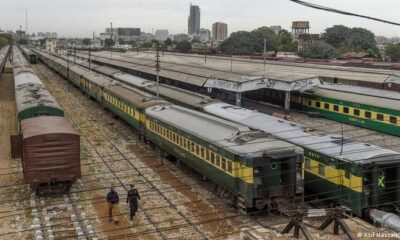
 RAIL5 years ago
RAIL5 years ago36 Killed in Pakistan Train Accident
-

 Technology5 years ago
Technology5 years agoCommon mistakes in CO₂ emissions calculations
-

 Business5 years ago
Business5 years ago2016 Volvo XC60 review and specifications
-

 Reviews5 years ago
Reviews5 years ago2021 Audi A6 Specifications and Review
-

 SAFETY / CAR CARE5 years ago
SAFETY / CAR CARE5 years agoHandbrake warning light; what it means and what to do
-
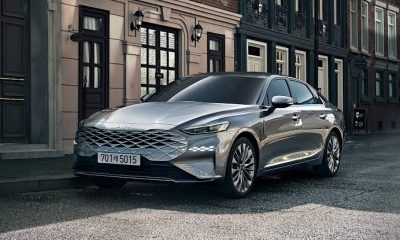
 Reviews3 years ago
Reviews3 years agoDebutant Kia’s new K8 sedan benchmarks luxury, safety
